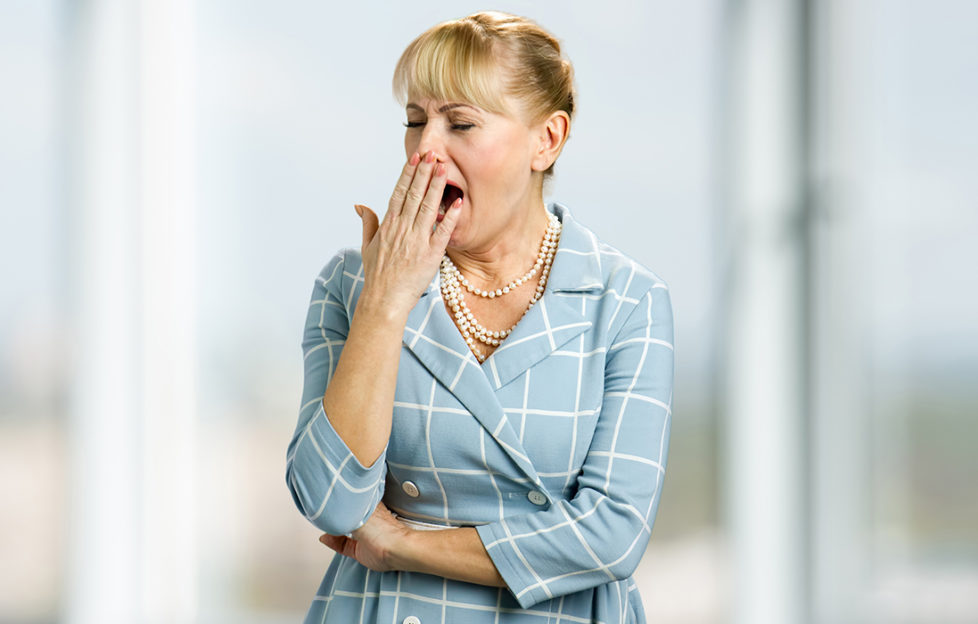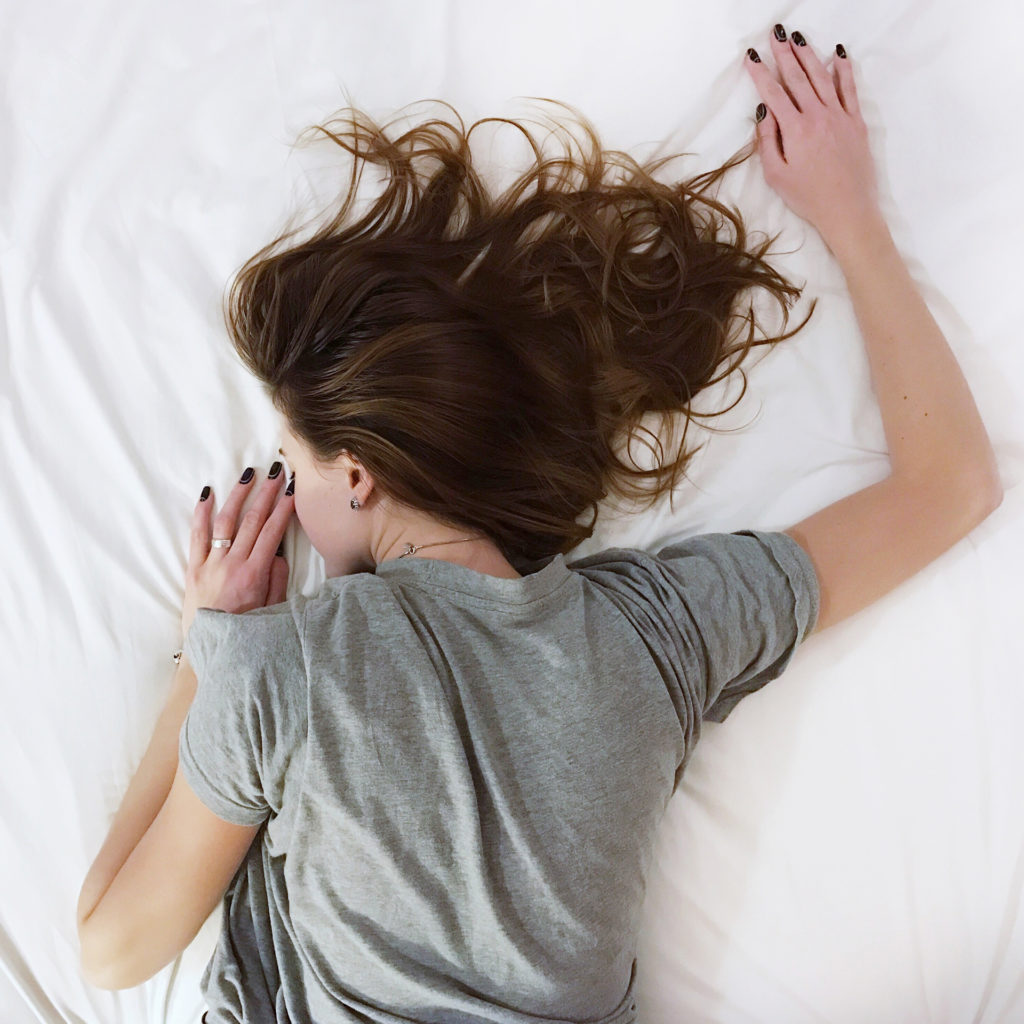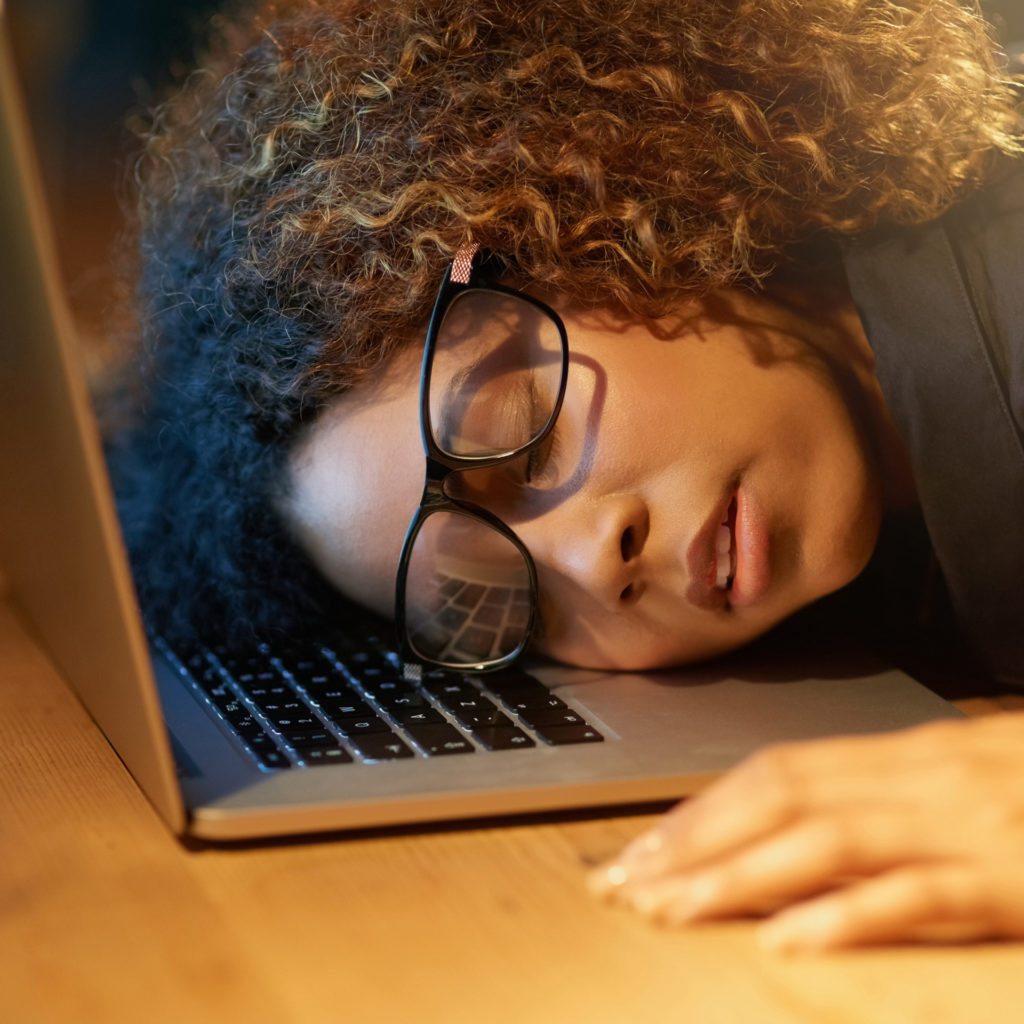A Doctor’s Tips To Beat February Fatigue

Feeling low and exhausted? You could have February fatigue. Research from AXA PPP healthcare has revealed that more than a third (37%) of people surveyed admit to reaching peak fatigue this month.
Almost as many (36%) fall into unhealthy habits as a result – just two months into the year.
Dr Annabel Bentley, Chief Medical Officer at AXA PPP healthcare, offers her top tips to help us fight February Fatigue.
Sleep hygiene is key
Getting into a regular routine will help you get better sleep. Make sure your bed is in a dark room and don’t use ‘blue light’ – such as your mobile phone – as it may interrupt sleep patterns. Turn off your phone several hours before bed or put it outside your bedroom door so you’re not tempted to look at it in the night.
Too late to caffeinate!
Don’t drink coffee late in the day or evening. Whilst coffee is commonly used for a quick ‘pick-me-up’, it has a long half-life, around 5-6 hours for the average adult. This means any consumption of coffee in the afternoon and evenings will still affect your brain when you’re trying to sleep at night.
Get some air
Get outside and get some daylight! February is a time of year where we have less natural light, so avoid being stuck indoors. Aim to get out in the middle of the day to improve your physical and mental health – whether that’s for a short walk around the block or simply going out to get your lunch.
Get moving, have fun
Exercise is important but going to the gym isn’t for everyone. Find a way of getting active that you enjoy, whether that’s simply going for a walk, playing team sports with your friends or colleagues or taking up dancing. Yoga is also another way to boost your mental health as meditating helps to calm your mind.
Reach out… but not for a drink
Socialise – spending quality time with family and friends, or even your pets, is a simple way of taking take to relax and calm your mind. And to make the most of it and really reap the benefits, why not book a spa day or a trip away to really relax?
Don’t use alcohol as a way to beat fatigue. It will stop you sleeping properly, and you may well end up feeling more fatigued as a result.
Step away from the screens
Have a digital detox. Set a time to switch off your phone and 24-7 access to TV and films. If you find yourself doing meaningless ‘scrolling’ on social media, take some time out either by limiting your use each day or giving it up. It can be a non-value adding activity and may harm your mental health.
Cook, don’t snack
Get back into good food habits – don’t get caught up in ordering takeaway food when you’re feeling tired. Cooking from scratch can actually be a simple way of relaxing your mind… and using healthier ingredients! Food prepping at the start of the week will also make sure you don’t fall into unhealthy eating habits. You will already have all your meals ready and it will stop you from snacking on unhealthy foods.








